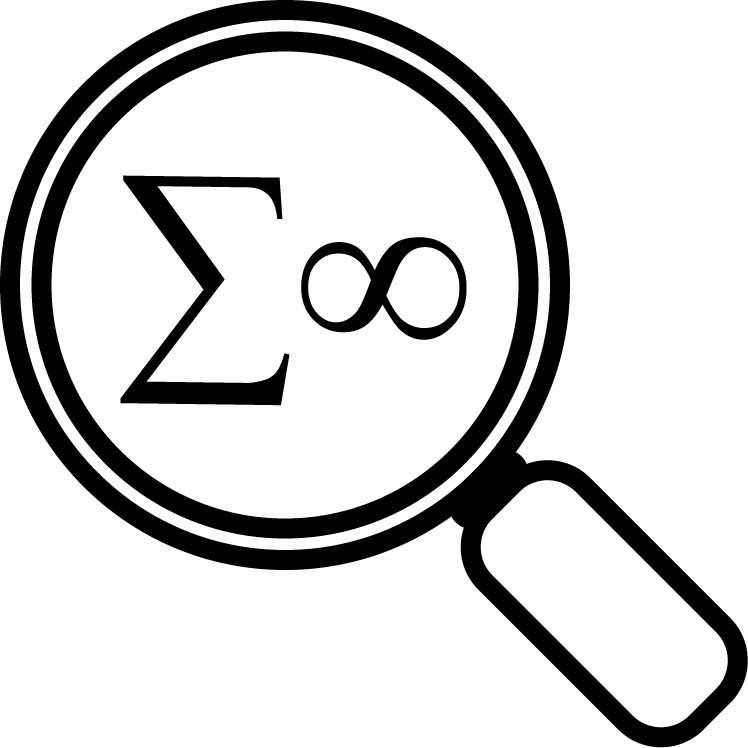Showing all Findings. Select an article to learn more:
The number of neighbours a baboon has determines their positioning in the troop
Posted by: AndrewDHigginson Posted Mon Feb 22 2021
Cleaner shrimp identify predatory client fish and change their behaviour accordingly
Posted by: AndrewDHigginson Posted Mon Feb 22 2021
Honest signalling allows the dental hygienists of the sea to get a snack, while avoiding becoming a snack
Posted by: AndrewDHigginson Posted Mon Feb 22 2021
Menopause evolved to avoid competition over resources with son’s mate
Posted by: AndrewDHigginson Posted Sat Aug 22 2020
Older children and children from wealthy schools are more generous in a dictator game
Posted by: ElenaZwirner Posted Tue Aug 04 2020
The ‘cooperative phenotype’: people that pay a cost to themselves to help a stranger, are likely to do so again and in different circumstances.
Posted by: ElenaZwirner Posted Sat Aug 01 2020
Animals change their behaviour to manage the risks of starvation and predation, and so the number of animals starving can either increase or decrease when the starvation risk increases
Posted by: AndrewDHigginson Posted Fri Jul 03 2020
Cooperation evolves readily if individuals can walk away from uncooperative partners
Posted by: AndrewDHigginson Posted Fri Jun 26 2020
keywords:
predation
When predation risk increases animals may increase, decrease or not change their foraging behaviour depending on how their behaviour affects the risk
Posted by: AndrewDHigginson Posted Thu Jun 18 2020
Managing fat to survive the night explains why birds sing at dawn
Posted by: AndrewDHigginson Posted Wed Jun 03 2020
